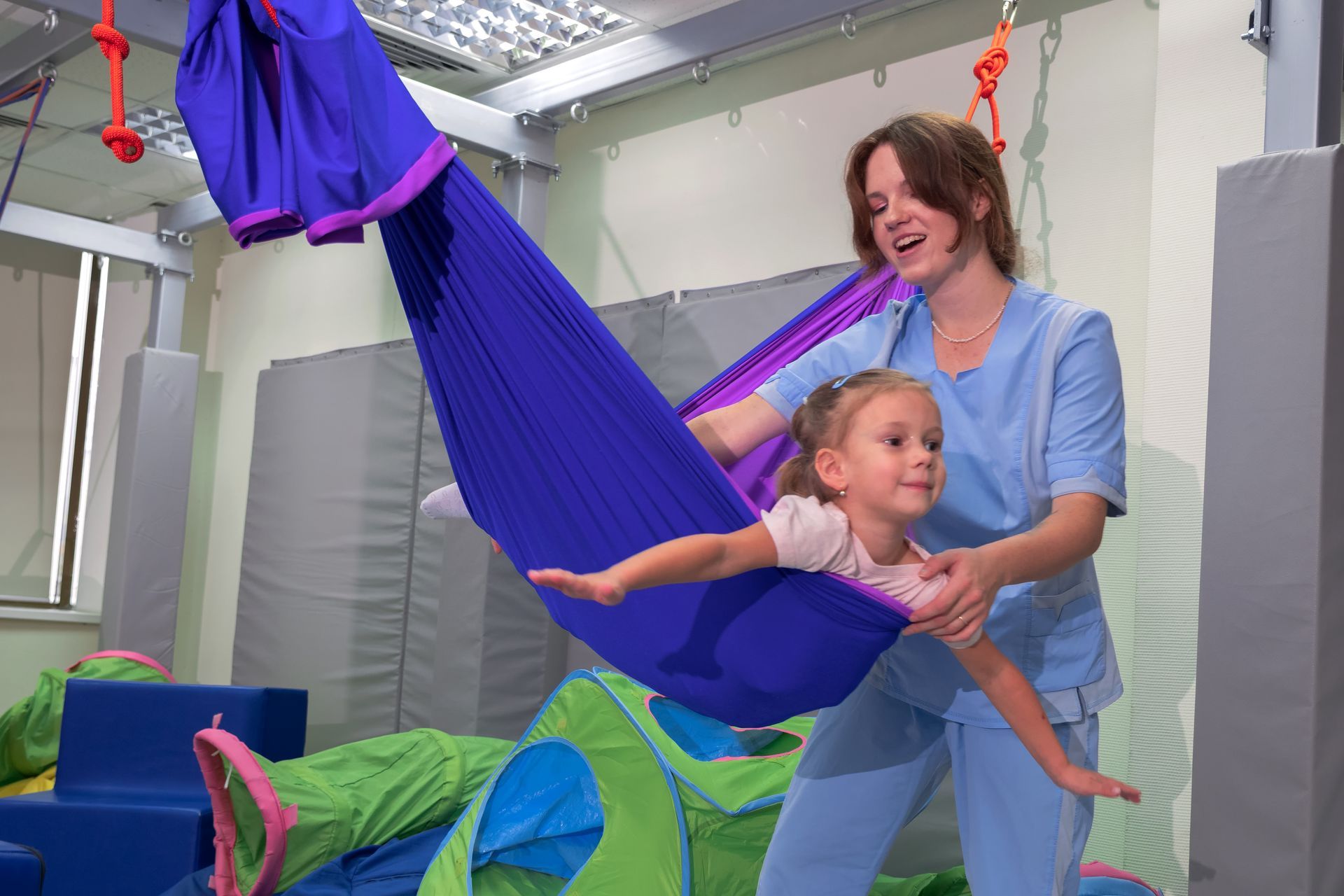Beyond Words and Meals: Integrating Dietetics with Speech Therapy in Healthcare

The collaboration between dietetics and speech-language pathology in allied healthcare represents a significant and dynamic area, particularly in managing conditions such as dysphagia, where patients experience difficulties with swallowing.
A study focusing on the collaborative practices between dietitians and speech pathologists underlined the importance of shared goals, a clear understanding of roles, and effective communication. Intriguingly, it highlighted curiosity, willingness, and momentum as vital for fostering productive collaborative practices. These elements are crucial for patient-centred care and are useful in both healthcare and university environments where these professionals often interact.
Dysphagia management is a critical area where the partnership between registered dietitians and speech-language pathologists is essential. Dysphagia can lead to serious health issues, including inadequate food and fluid intake, aspiration pneumonia, and cognitive decline. The coordinated efforts of dietitians and speech-language pathologists are vital in assessing and managing the nutritional and swallowing needs of these patients, ensuring comprehensive care.
This collaboration extends beyond clinical settings to research and educational domains. The inter-professional education of prospective speech-language therapists and dietitians through shared professional practice placements exemplifies how these fields integrate to enhance patient care and professional expertise.
The connection between speech and dietetics in allied healthcare is a crucial aspect of patient care, particularly in managing conditions like dysphagia. The effective collaboration of these professionals, characterised by mutual understanding, communication, and a shared goal of patient-centred care, is vital in ensuring comprehensive and effective treatment.
References
- Developing and maintaining collaborative practice: Exploring perspectives from dietetics and speech pathology about 'what works well'
- Registered dietitians and speech-language pathologists: an important partnership in Dysphagia management







